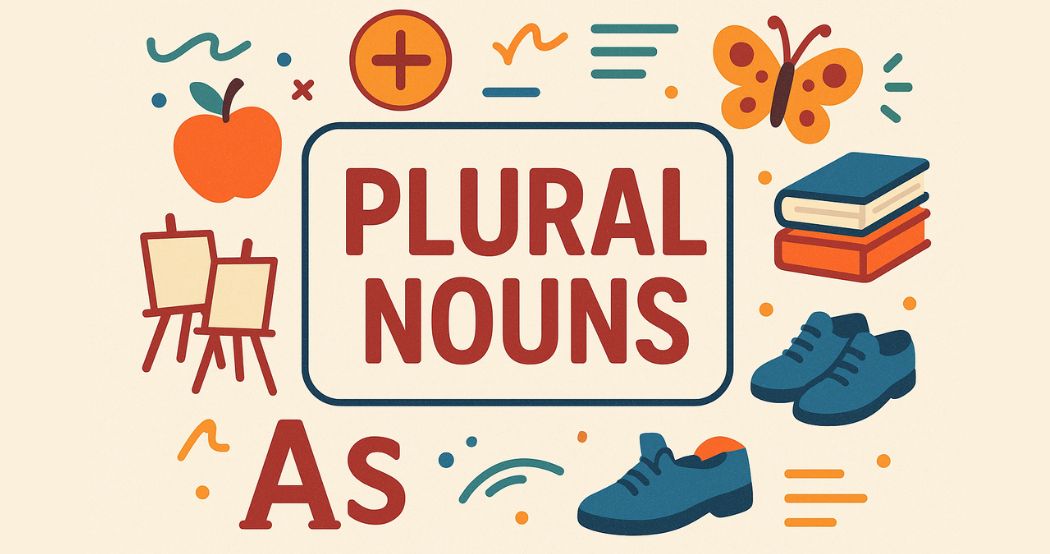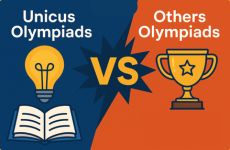Learn the Correct Plural of Common and Confusing Words
In the English Language, there is great importance of Singular and Plural Nouns. A word that refers to more than one thing or person is known as a plural noun. The following are some of the examples:
To make the plural of the noun, we should end the plural ending 's'. For example:
- car - cars
- school - schools
- bag - bags
It does not end just here. There are a lot of exceptions to this rule.
The nouns ending with s, x, z, ch, and sh should be pluralized by adding 'es' to make the plural. For example:
- bus - buses
- branch - branches
- glass - glasses
- box - boxes
The nouns ending with 'f' are made plural by adding 'ves' and the pronunciation of es is /z/. For example:
- wolf - wolves
- knife - knives
- wife - wives
The 'f' ending nouns have some of the following exceptions:
- roof - roofs
- chief - chiefs
- cuff - cuffs
In nouns ending with o, es is added to form the plural. For example:
- cargo - cargoes
- tomato - tomatoes
- zero - zeroes
- tornado - tornadoes
The o ending nouns also have some exceptions. They are:
- zoo - zoos
- piano - pianos
- photo - photos
- zero - zeros
The following nouns have irregular plurals:
- woman - women
- child - children
- foot - feet
- cactus - cacti
- thesis - theses
- criterion - criteria
- oasis - oases
- datum - data
There are some nouns that remain the same even in their plural form. They are the following:
- aircraft - aircraft
- species - species
- deer - deer
- sheep - sheep
Then there are also some nouns that are always in the plural form. Some of them are:
- scissors
- stairs
- jeans
- pyjamas
- scales
- headphones
- shorts
The following nouns are always singular:
- politics
- phonetics
- news
- mathematics
The English Language contains very vast content and plural nouns are just a small part of it and they are very important for our day to day life.









